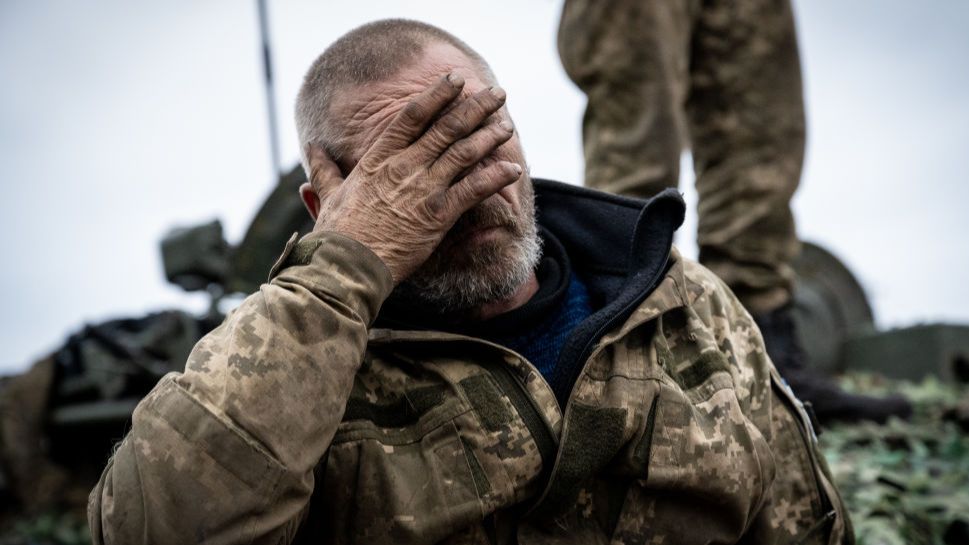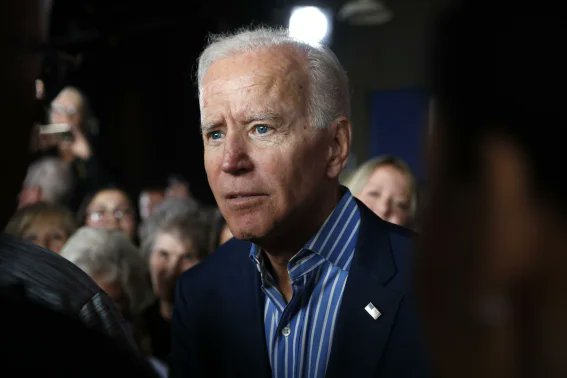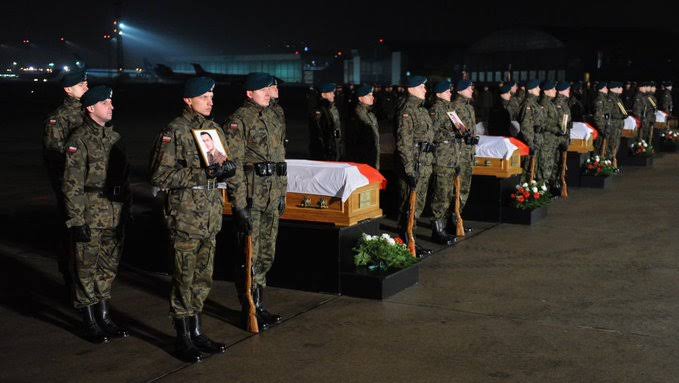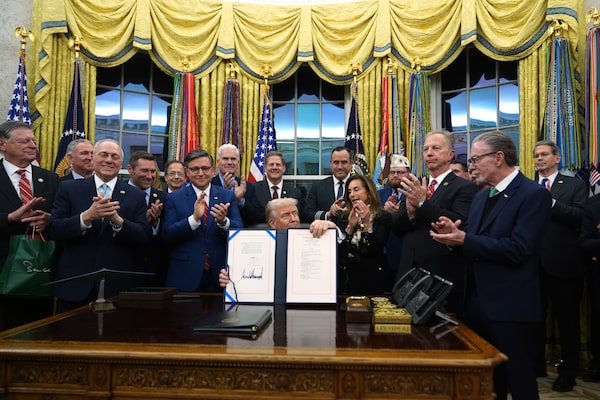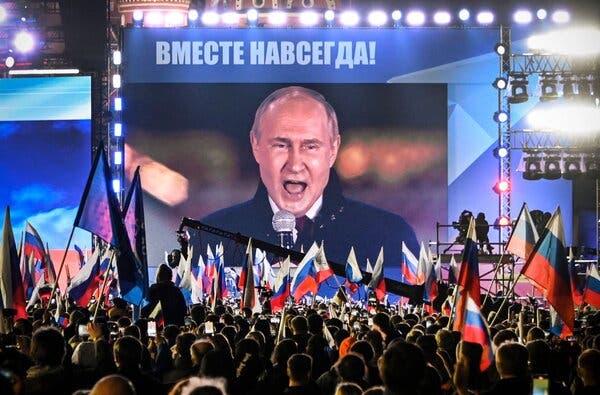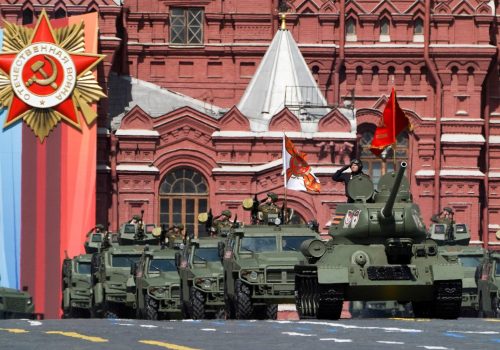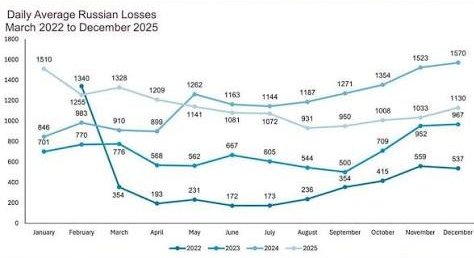Once you scratch the surface of the Taliban's propaganda, there is nothing at all "traditional" or "national" about their movement.
The Taliban is an utterly modern movement, mostly based on 20th-century political ideas and foreign religious teachings.
1/11
The Taliban is an utterly modern movement, mostly based on 20th-century political ideas and foreign religious teachings.
1/11

The political idea that a group of mullahs should control government has no traditional precedent in Afghanistan - or anywhere in the Islamic world.
It is a riff on radical Islamism. a 20th-century *political* ideology brought to Afghanistan by academics in the 1960s.
2/11
It is a riff on radical Islamism. a 20th-century *political* ideology brought to Afghanistan by academics in the 1960s.
2/11

Democracy, even in its modern form, has far deeper roots in Afghanistan than the Taliban's theocratic system: a form of government introduced for the first time ever in the 1990s.
The political "traditions" the Taliban claim to represent are barely two decades old.
3/11
The political "traditions" the Taliban claim to represent are barely two decades old.
3/11

The Afghan Republic's democratic system of government was a continuation of the country's constitutional monarchy in the 1960s.
Further back, it built on long-standing, traditional, ideas about popular sovereignty.
Democracy was the "traditional" choice, not theocracy.
4/11
Further back, it built on long-standing, traditional, ideas about popular sovereignty.
Democracy was the "traditional" choice, not theocracy.
4/11

Religiously, too, the Taliban's claims to represent "tradition" are weak at best.
Their extreme puritanism draws on "Deobandi" Islam, which appeared in India the late 19th century, inspired by 18th century Saudi Wahabism.
It's neither traditional, nor from Afghanistan.
5/11
Their extreme puritanism draws on "Deobandi" Islam, which appeared in India the late 19th century, inspired by 18th century Saudi Wahabism.
It's neither traditional, nor from Afghanistan.
5/11

"Deobandi" Islam had never had a strong foothold in Afghanistan.
Albeit highly conservative, traditionally Afghan Islam tended to be far more tolerant, mystical, and oriented towards Sufism.
This only changed during the 1980s, after the War in Afghanistan had begun.
6/11
Albeit highly conservative, traditionally Afghan Islam tended to be far more tolerant, mystical, and oriented towards Sufism.
This only changed during the 1980s, after the War in Afghanistan had begun.
6/11

The biggest driver of change was the huge influx of Afghan refugees into Pakistan during the 1980s, where thousands of Saudi-funded Deobandi madrassas were set up around the refugee camps.
The roots of the Taliban's religion are not Afghan villages but foreign madrassas.
7/11
The roots of the Taliban's religion are not Afghan villages but foreign madrassas.
7/11

The hundreds of thousands of young boys attending these madrassas became steeped in the extremist religious thinking that came to define the Taliban, and became the core of its soldiers in the 1990s.
They craved "tradition" precisely because they didn't have any.
8/11
They craved "tradition" precisely because they didn't have any.
8/11

The tragic irony is that the Taliban - a movement as old as the Spice Girls, inspired by 19th century religious ideas from India and 20th century political ideas from Egypt - has been very successful at passing itself of as the standard bearers of "traditional Afghanistan".
9/11
9/11

The fact that so many in the West believed the Taliban's propaganda, and idiotically accepted them as a "traditional" and "nationalist" resistance against a supposedly foreign-imposed attempt to "modernise" Afghanistan against its will is a big part of why they won.
10/11
10/11

Nevertheless, it remains a lie. Despite its many flaws, the Afghan Republic was far more true to Afghanistan's political and religious traditions than the utterly modern Taliban movement can ever be in its current form.
11/11
11/11

• • •
Missing some Tweet in this thread? You can try to
force a refresh


